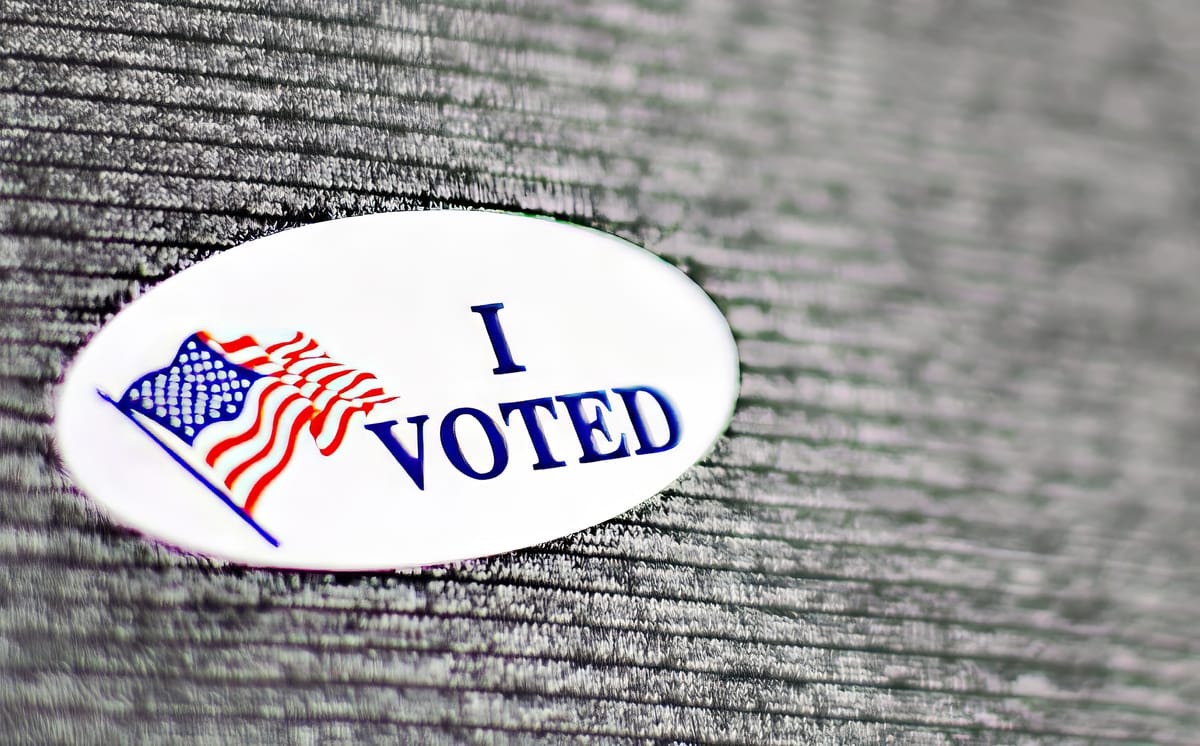The Dangers of an Apathetic Voting Populace

In a democracy, people have the power to shape their future. Today, the issue is there are too many apathetic voters. An apathetic population can weaken democracy and slow down progress.
Not caring about politics isn’t new. It has actually become better. In the 2024 presidential election, 63.90% of eligible voters casted a ballot, the second highest ever, but trails behind thirty other peer nations. It should be noted 94.1% of registered voters did vote, interestingly.
When most people don’t participate, the loudest and most extreme voices take over. In the 2022 midterm elections, low voter turnout helped extreme candidates win important seats. This creates a more divided and less balanced government.
Apathy also makes politicians lazy. If people aren’t paying attention, leaders feel less pressure to do their jobs well. It helps to create a government insulated from the people and more susceptible to lobbying.
Why do people stop caring? Misinformation, political division, and distrust in the system are major reasons. Social media adds to the problem by spreading false information and trapping people in echo chambers. A 2024 report found that 60% of Americans feel overwhelmed by too much political content online, making them want to tune out.
The effects go beyond politics. Our system of government depends on active citizens. In the words of Abraham Lincoln, the government is “of the people, by the people, for the people.” The people are the major check on government power. Without that, injustice goes unchecked.
We can fix this. Schools need to teach young people about government and why their participation matters. Programs like the National Civic Education Program have already increased student voter registration by 15%.
Technology can also help. Apps that give updates on laws and make it easy to contact leaders can connect people to politics. Groups like Vote.org have made voting simpler through online tools.
Apathy must be fought against. Schools, community groups, and the media must encourage people to get involved. If we don’t, democracy and the United States government is at risk. As Thomas Jefferson said, “The price of liberty is eternal vigilance.” Today, that means staying involved and making your voice heard.
There are many reasons for apathy. Many people feel their vote doesn't matter. A 2016 survey found 15% of voters skipped the election for this reason. Political disillusionment and barriers like complex registration and limited polling access add to the issue.
To address voter apathy, we need solutions like enhanced civic education in schools to teach young people why voting matters, national voting holidays to give everyone time to vote without work conflicts, and decreased voter suppression through fairer laws and better access to polling places.
Studies show that countries with voting holidays have higher turnout, and comprehensive civic education programs increase youth participation by up to 15%. Reducing voter suppression through automatic registration and more polling stations also boosts turnout. With these changes, we can revive civic engagement and strengthen our democracy.

Comments ()